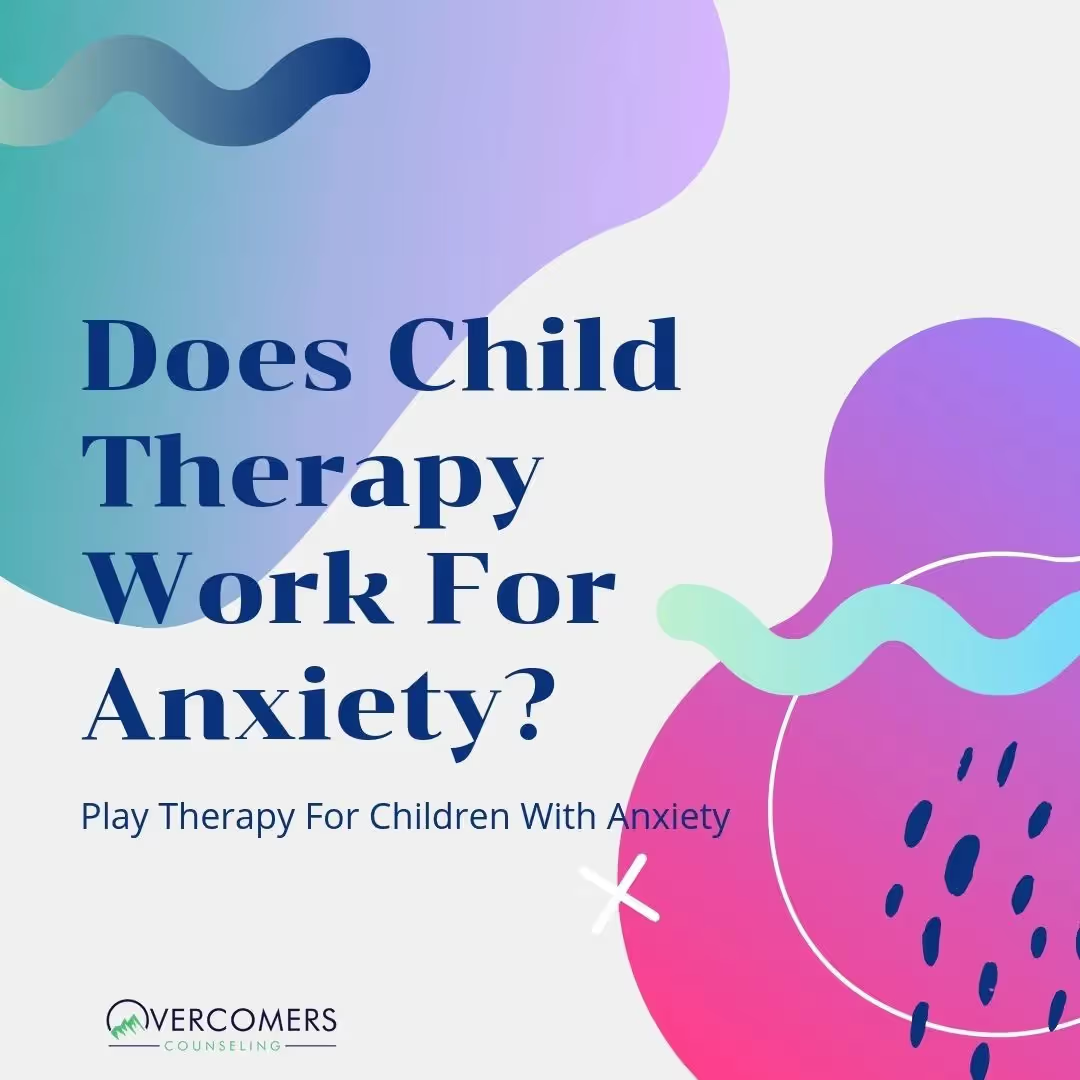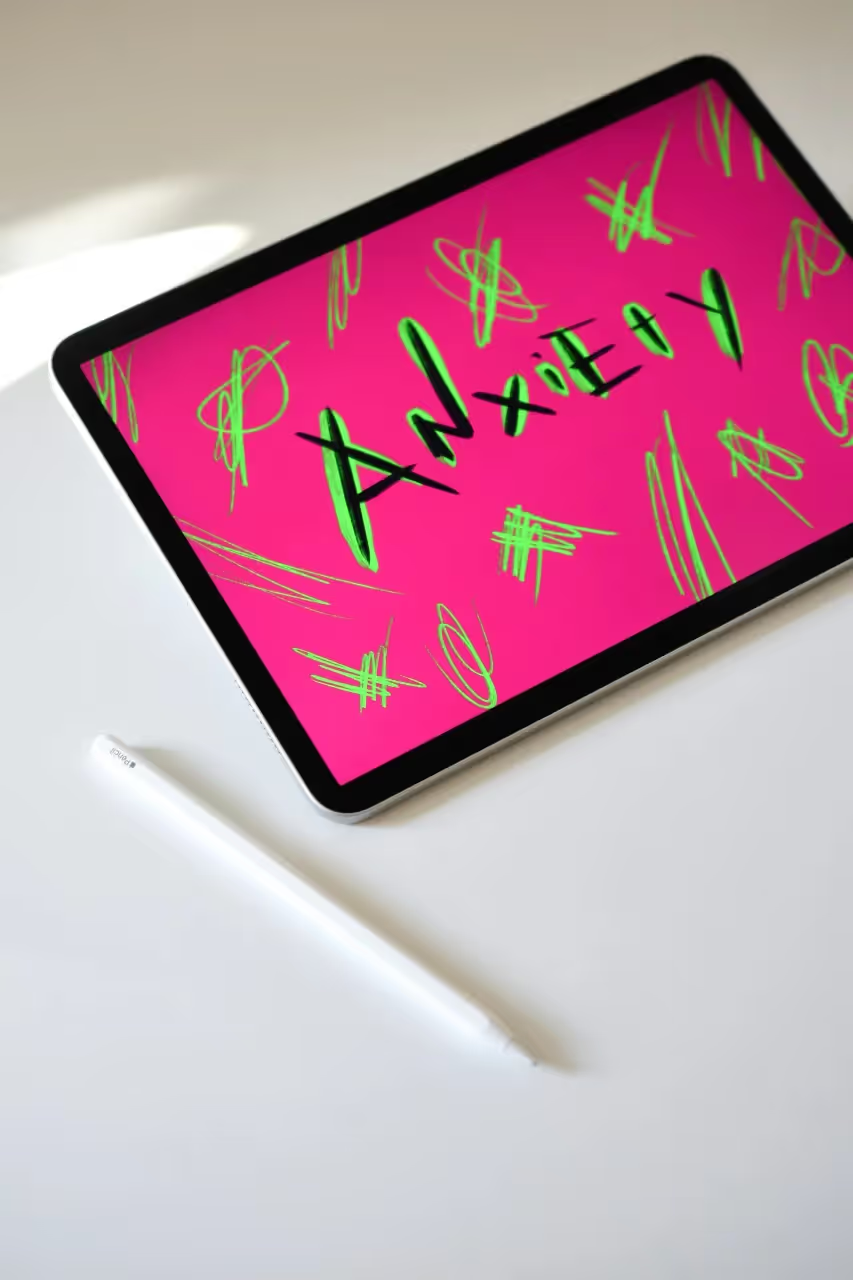Worried if you may be experiencing anxiety attack symptoms?In this article, we explained everything you need to know including how long it can last to...

Worried if you may be experiencing anxiety attack symptoms?
In this article, we explained everything you need to know including how long it can last to enable you to make better health decisions.
Anxiety attack symptoms can affect people in different ways, including feelings of nervousness or unease.
These feelings may cause physical anxiety attack symptoms, such as a fast heartbeat and shakiness.
People with anxiety disorders feel anxious or afraid in situations where others may not.
People who have an anxiety disorder tend to experience ongoing episodes of intense fear and worry, which can affect their day-to-day life, relationships, and overall health.
Anxiety attacks usually develop gradually over minutes to hours, and they are often triggered by an outside stressor.
A person may experience a feeling of impending doom while anticipating an event they find stressful or frightening, such as speaking in public or being interviewed for a job.
It is common for people with anxiety disorders to feel tense, worried, restless, and on edge all the time.
They may also have trouble sleeping and experience digestive problems.
Anxiety disorders take many forms — generalized anxiety disorder (GAD), obsessive-compulsive disorder (OCD), posttraumatic stress disorder (PTSD), social anxiety disorder (SAD), specific phobias, and panic attacks.
But no matter which type you have, they all have one thing in common: excessive fear or worry in situations where most people wouldn't feel threatened.
An anxiety attack is an episode of intense fear that may include palpitation, sweating, shaking, shortness of breath, numbness, or a feeling that something horrible is going to happen.
Anxiety attacks and panic attacks can feel very similar.
The terms are often used interchangeably. However, they are different conditions.
Anxiety is a normal stress reaction, but it can become a disabling condition when you regularly feel disproportionate levels of anxiety or fear in response to everyday situations.
People with a generalized anxiety disorder may have vague worries about their health, family, employment, or finances that persist for at least 6 months.
These worries may interfere with their daily lives, school work, and social activities.
A panic episode is characterized by a rapid onset of physical symptoms such as short breath, muscle spasms, and vomiting, as well as overwhelming worry and a feeling of dread.
You may experience just one panic attack in your lifetime, or you may have recurrent panic attacks.
Panic attacks usually last between 5 minutes and 20 minutes.
During this time the symptoms can be very severe and seem to be getting worse.
When someone experiences frequent symptoms of either panic disorder or generalized anxiety disorder, they should see their doctor for an accurate diagnosis and treatment recommendation.
Many people try to self-medicate their anxiety with alcohol or drugs which can make things worse.
Anxiety is a feeling of panic and unease. It is common to feel anxious, especially when you are facing a stressful situation.
However, anxiety can become a problem when it rises to extreme levels.
Anxiety attacks are periods of intense fear or apprehension that happen suddenly and out of the blue.
Sometimes they happen as a result of a specific trigger, but often there is no obvious cause for the attack.
Anxiety attack symptoms vary depending on the type of disorder.
During an anxiety attack, you may experience symptoms like:

Anxiety disorders are the most common mental health concern in the United States.
But just because something is common doesn't make it normal.
Fortunately, new insights into the cause of anxiety may help with the development of more effective treatment options.
There is no standard length for an anxiety attack, so the duration of each person's episode will vary.
Anxiety attack symptoms can last anywhere from a few moments to 30 or more minutes.
Some people describe it as feeling like a panic attack.
It's also common for subsequent anxiety attacks to follow, causing the overall anxiety attack experience to last much longer as one episode is followed by another.
Anxiety attacks generally last longer than panic attacks.
Panic attacks usually peak within 10 minutes, while anxiety attacks will often persist for hours.
While some people have only one or two attacks in their lifetime, others may experience them more frequently.
The symptoms can also change over time or vary from one person to another."
Even though anxiety attacks eventually end, it's common for the symptoms and after-effects of an anxiety attack to linger for hours or even days, depending upon the severity of the attack and the level of stress your body is under.
Treatment and Medication
Anxiety is a normal part of life. It can even be helpful in some situations.
But for some people, anxiety can become excessive, and when it does, it can have debilitating effects.
People with anxiety disorders are three to five times more likely to go to the doctor and six times more likely to be hospitalized for psychiatric disorders than those who do not suffer from anxiety disorders.
Fortunately, many treatments can help manage anxiety attack symptoms.
The main treatments for anxiety attack symptoms are psychotherapy, medication, and lifestyle changes.
Counseling and Psychotherapy
There are many different types of counseling and therapy.
Counseling and psychotherapy are effective ways of treating many types of anxiety disorders.
There are several types of counseling and psychotherapy that research has shown to be effective in treating various forms of anxiety attack symptoms:
However, the main types that are effective in treating anxiety attack symptoms are:
Cognitive-Behavioral Therapy (CBT)
This type of therapy helps you change negative patterns of thinking or behaving by learning how to recognize and change self-defeating behaviors.
CBT is commonly used to treat a wide range of disorders, including depression and other mental health problems.
It is not uncommon for people to use a combination of medications and therapy to get treatment for an anxiety disorder.
Exposure Therapy
This helps you gradually confront your fears to overcome them over time.
This technique involves being exposed to situations or objects that trigger your anxiety.
You learn to relax and control your breathing as you experience the situation or object without reacting with fear or panic.
Exposure therapy may include visiting the place where your panic attacks started or avoiding situations that trigger panic.
Relaxation Techniques
These can include deep breathing exercises, meditation, yoga, progressive muscle relaxation, tai chi, and guided imagery
This type of therapy focuses on changing the way you think about things that cause you stress or anxiety.
You look at how your thoughts and beliefs influence your emotions and behavior.

Medication can reduce the intensity of anxiety attack symptoms.
Some types of anxiety medication can cause side effects, so it's important to discuss all the risks and benefits with your doctor before starting a prescription.
Medication options include:
Antidepressants are often the first choice because they relieve symptoms of both anxiety and depression.
Selective serotonin reuptake inhibitors (SSRIs) such as fluoxetine (Prozac), sertraline (Zoloft), paroxetine (Paxil or Pexeva), citalopram (Celexa), escitalopram (Lexapro), or fluvoxamine (Luvox) may be prescribed.
Serotonin and norepinephrine reuptake inhibitors (SNRIs) such as venlafaxine (Effexor XR) or duloxetine (Cymbalta) may also be used.
These medications take several weeks to take effect.
These drugs can help control some of the physical symptoms of anxiety, such as a rapid heartbeat and hand trembling.
They're most often used to treat performance anxiety or severe fear of public speaking (social phobia).
Commonly known as benzodiazepines, they include Ativan, Librium, Valium, Xanax, and Versed.
These drugs aren't usually used on their own because they're addictive and cause drowsiness.
But they're helpful when taken in combination with an antidepressant.
If you've ever felt your heart race, your hands shake, or had trouble catching your breath after an argument with your partner or a stressful day at work, you're not alone.
Everyone experiences anxiety from time to time.
Most people do it daily in one form or another.
Whether you're dealing with general anxiety disorder, phobias, social anxiety, or panic attacks, nearly everyone has experienced the feelings of fear, nervousness, and uneasiness that characterize this condition.
When does occasional anxiety become a problem?
If you're experiencing intense feelings of fear and worry for long periods — and these feelings are interfering with your ability to function at home and/or work — then it may be time to consider talking to someone about an anxiety disorder.
The duration of anxiety counseling varies for each individual, depending on the severity of their anxiety and their progress in therapy. Our therapists will regularly assess your progress and adjust your treatment plan as needed.
Yes, Medicaid provides insurance coverage for therapy services specifically designed to help individuals struggling with anxiety, depression, and other mental health conditions.
Addressing anxiety is crucial because it can significantly impact your quality of life and overall well-being. Left untreated, anxiety can lead to more severe mental health issues, relationship problems, and difficulty functioning in daily life.
It's important that you feel comfortable discussing personal matters with your therapist in order to open up and get more out of therapy sessions; therefore finding someone who meets certain criteria like experience level, expertise areas, and personality is key when selecting a therapist who can give meaningful feedback about how best handle issues related to anxiety or other mental health concerns.
To reduce your anxiety, you can practice relaxation techniques such as deep breathing, progressive muscle relaxation, guided imagery, and mindfulness practices. Additionally, regular exercise has been found to be beneficial in managing stress and improving mental health.
Ignoring anxiety can exacerbate symptoms and make it more challenging to manage over time. This can result in a negative impact on your personal, professional, and social life, leading to feelings of isolation and even depression.